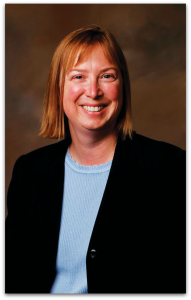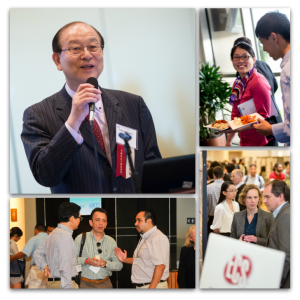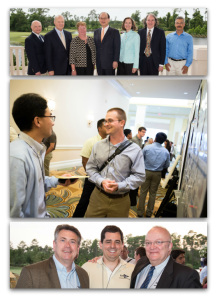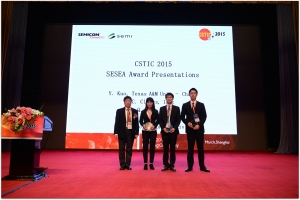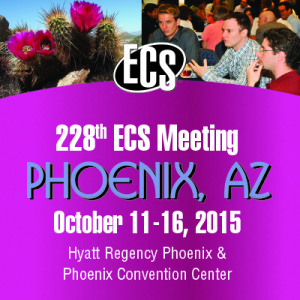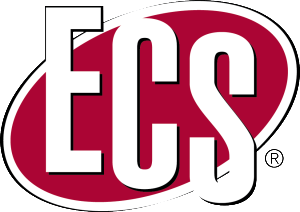Thousands of scientific leaders from around the world
will gather this spring in Chicago for the 227th ECS Meeting.
 Over 50 topical symposia consisting of over 2,000 technical presentations, full-day short courses, professional development workshops, career opportunities, poster sessions, a dynamic technical exhibit and the 3rd Free the Science 5K Run. The 227th ECS Meeting is expected to attract over 2,000 scientists and engineers from industry, government, and academic institutions.
Over 50 topical symposia consisting of over 2,000 technical presentations, full-day short courses, professional development workshops, career opportunities, poster sessions, a dynamic technical exhibit and the 3rd Free the Science 5K Run. The 227th ECS Meeting is expected to attract over 2,000 scientists and engineers from industry, government, and academic institutions.
The ECS Lecture
“Hydrogen from Photoelectrochemical
Water Splitting – What’s it gonna’ take?”
John A. Turner studied under Fred Anson and Heinz Gerischer. He joined the National Renewable Energy Laboratory in 1979 and began his work on photoelectrochemical water splitting for hydrogen production.
Society Award
The first ever Allen J. Bard Award will be presented along with the Gordon E. Moore Medal for Outstanding Achievement in Solid State Science and Technology.
Register for the meeting by Friday
and get a discount on your hotel room too!
PS: There is sill time to join us as an exhibitor or sponsor.
Contact dan.fatton@electrochem.org for further information.



